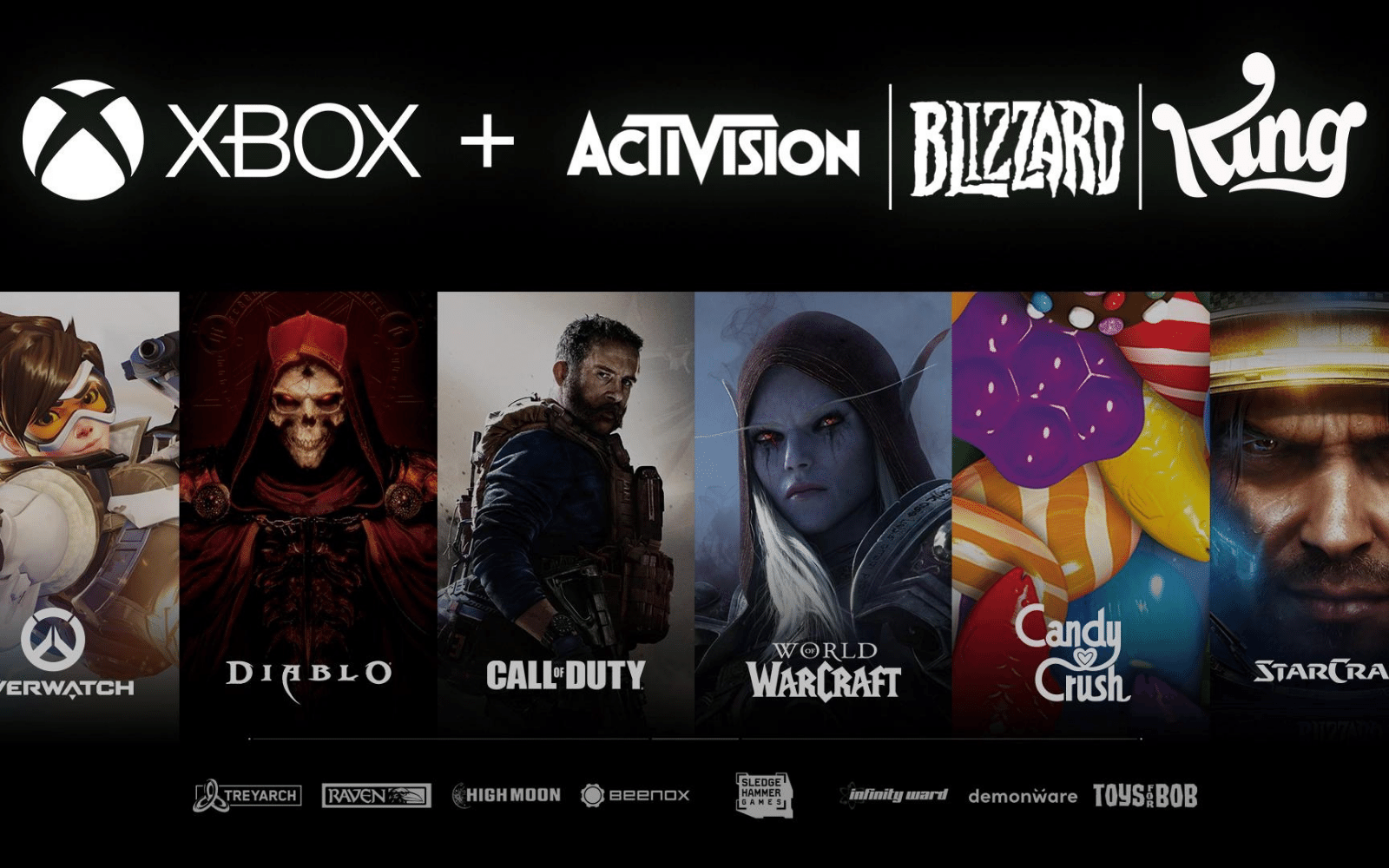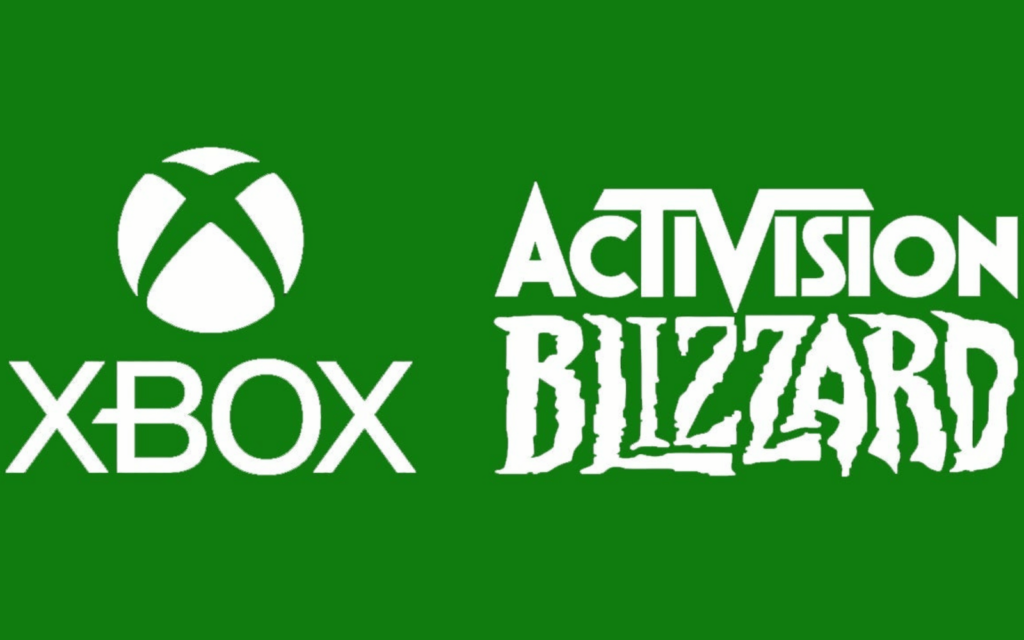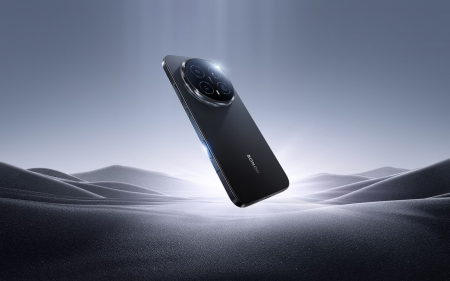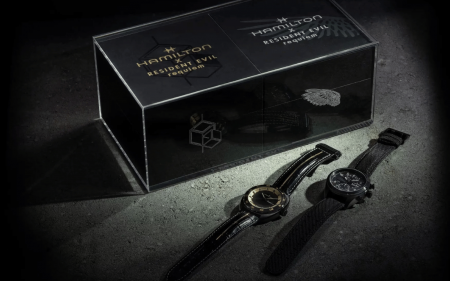The Competition Commission of South Africa (CCSA) has given the green light for Anchorage – a subsidiary of Microsoft – to acquire Activision Blizzard. And, more importantly, without any additional conditions tacked on. The Commission met on Tuesday, 11 April to discuss the acquisition, officially confirming its decision on Monday.
Why all the hubbub, bub?

For the unaware, Microsoft’s conquest to own the Call of Duty franchise hasn’t been a short or easy one. Back in January 2022, the company announced its intent to acquire Activision Blizzard for $68.7 billion in January, as part of an all-cash deal. Sony… Well, let’s just say Microsoft’s biggest competition wasn’t a fan of the idea.
Sony claims that the deal would unfairly bolster Microsoft’s Xbox, with concerns of Activision’s biggest franchise – Call of Duty – would be exclusive to Xbox consoles. Considering Call of Duty’s prominent presence on PlayStation, it’s easy to see where Sony’s concerns are coming from. The Japanese company’s complaints have since spread, with the deal catching the attention of the CCSA, who voiced similar concerns to those of Sony. Fortunately (for Microsoft), the commission feels that Microsoft has done enough to stop Xbox from becoming an unstoppable force.
Read More: Microsoft buys Activision Blizzard: with the video game industry under new management, what’s going to change?
“The Commission found that the proposed transaction is unlikely to result in significant foreclosure concerns as the parties do not have the ability and incentive to foreclose competing game distributors, particularly Sony (PlayStation) and Nintendo (Switch). Furthermore, the merging parties have made undertakings to continue supplying Call of Duty games to other console manufacturers.
“Therefore, the Commission found that the proposed transaction is unlikely to result in a substantial prevention or lessening of competition in any relevant markets. The Commission further found that the proposed transaction does not raise any substantial public interest concerns.”
Of course, this isn’t the end of it. South Africa is just one of the six countries to approve the deal, though the real heavy hitters – the United States, United Kingdom, and European Union – are still sitting on the fence.




